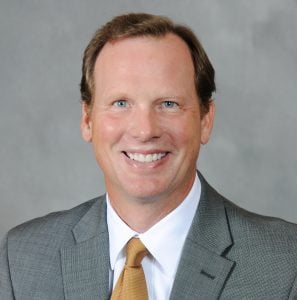 More than 360 bachelor’s, master’s and PhD recipients are expected to attend Midyear Commencement Saturday (Dec 16). Ceremonies will take place at 10:30 a.m. in the Wood Gym of the Student Development Complex.
More than 360 bachelor’s, master’s and PhD recipients are expected to attend Midyear Commencement Saturday (Dec 16). Ceremonies will take place at 10:30 a.m. in the Wood Gym of the Student Development Complex.
James Parm, partner at Inc. CEO Project, will deliver the commencement address for Michigan Tech’s Midyear. Parm graduated from Michigan Tech in 1981 with a bachelor’s degree in electrical engineering and was inducted into the ECE Academy in 2012.
In his current position, Parm provides business strategy to corporate CEOs. He has a long and distinguished career leading international technology companies including Stratos, Inmarsat PLC and Shell Offshore Services Company.
Parm and his wife Jean, a 1982 Tech graduate, have established the Jim and Jean Parm Endowed Scholarship. The Parms live in Casey Key, Florida. At the commencement ceremony, Parm will receive an Honorary Doctorate of Philosophy.
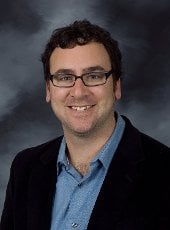
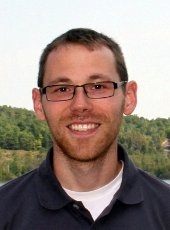
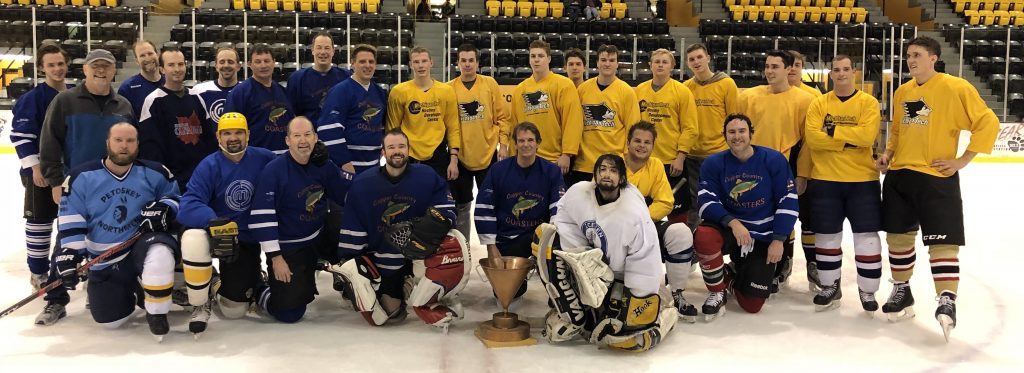 The faculty pulled out a thrilling 12-10 come-from-behind overtime victory in the 2017 edition of the annual ECE student-faculty hockey game, held at the MacInnes Ice Arena on Saturday, December 2. Both sides showed energy and enthusiasm in the first period, with goals see-sawing back and forth to a score of 5-4 with students in the lead at the end of the period. The defenses stepped it up in the second period, with only one goal scored mid-period by the faculty to even things up at 5-5, until the students scored two quick goals in the last 30 seconds to go ahead 7-5. In the last period, both sides battled to 10-8 with students on top with two minutes to go. The faculty pulled the goalie and scored two more goals to tie it up 10-10 with just seconds remaining. The game went to a 5-round shootout, which the faculty took in four rounds 2-0, for a final score of 12-10. Special mention goes to Mark Maroste for scoring two goals in regulation and one in the shootout, to Adam Webb for a hat trick in regulation and for the second and winning shootout goal, and to faculty goalie Brian Hutzler for turning away roughly 100 shots and shutting out the students in overtime.
The faculty pulled out a thrilling 12-10 come-from-behind overtime victory in the 2017 edition of the annual ECE student-faculty hockey game, held at the MacInnes Ice Arena on Saturday, December 2. Both sides showed energy and enthusiasm in the first period, with goals see-sawing back and forth to a score of 5-4 with students in the lead at the end of the period. The defenses stepped it up in the second period, with only one goal scored mid-period by the faculty to even things up at 5-5, until the students scored two quick goals in the last 30 seconds to go ahead 7-5. In the last period, both sides battled to 10-8 with students on top with two minutes to go. The faculty pulled the goalie and scored two more goals to tie it up 10-10 with just seconds remaining. The game went to a 5-round shootout, which the faculty took in four rounds 2-0, for a final score of 12-10. Special mention goes to Mark Maroste for scoring two goals in regulation and one in the shootout, to Adam Webb for a hat trick in regulation and for the second and winning shootout goal, and to faculty goalie Brian Hutzler for turning away roughly 100 shots and shutting out the students in overtime. 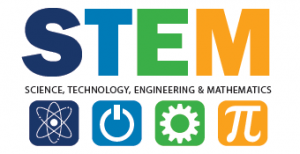 This week I want to follow up on my column from two weeks ago, before Thanksgiving, on the various ways that we use the words associated with my line of work: science, computing, engineering, technology, and mathematics. This is mostly a random collection of observations on the strange ways that we use these words, without a whole lot of practical solutions. Think of it as the grammar maven (see FWF 06/16/2017) meeting the engineering professor.
This week I want to follow up on my column from two weeks ago, before Thanksgiving, on the various ways that we use the words associated with my line of work: science, computing, engineering, technology, and mathematics. This is mostly a random collection of observations on the strange ways that we use these words, without a whole lot of practical solutions. Think of it as the grammar maven (see FWF 06/16/2017) meeting the engineering professor.
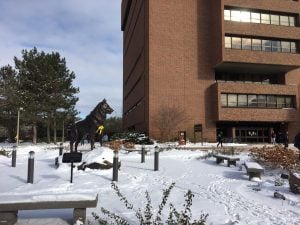 A couple of weeks ago I reported with barely contained glee that winter was on its way. I was right. We got a few inches of additional snow this past week, and for the time being it is sticking around. Thursday night temperatures plunged into the single digits in the western part of the Upper Peninsula. The cross-country ski trails at Michigan Tech are open, and I plan to be out there on Saturday. It’s a good time to make sure I have all the right gear, or at least remember where I put it at the end of the season last year. It’s nice to have the ski season start a little early for a change.
A couple of weeks ago I reported with barely contained glee that winter was on its way. I was right. We got a few inches of additional snow this past week, and for the time being it is sticking around. Thursday night temperatures plunged into the single digits in the western part of the Upper Peninsula. The cross-country ski trails at Michigan Tech are open, and I plan to be out there on Saturday. It’s a good time to make sure I have all the right gear, or at least remember where I put it at the end of the season last year. It’s nice to have the ski season start a little early for a change.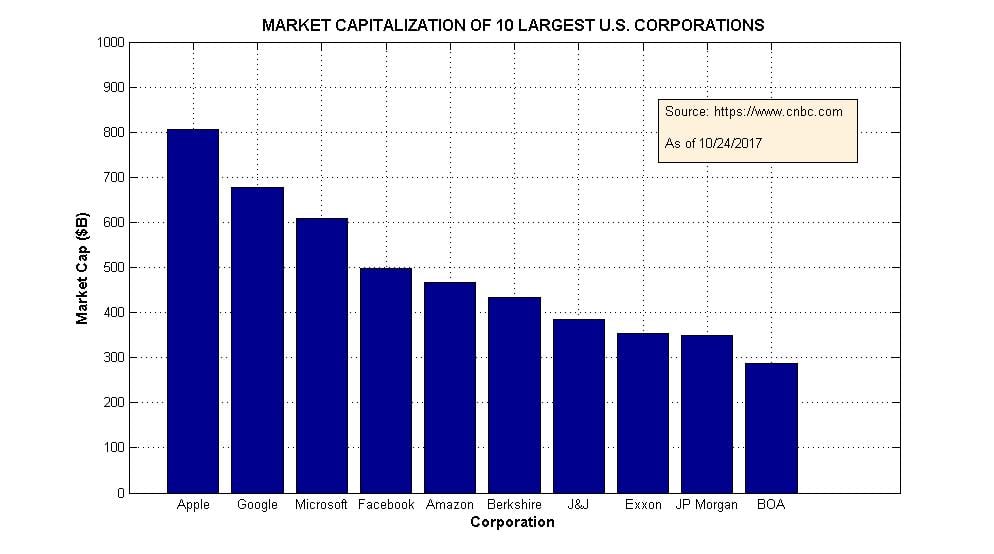
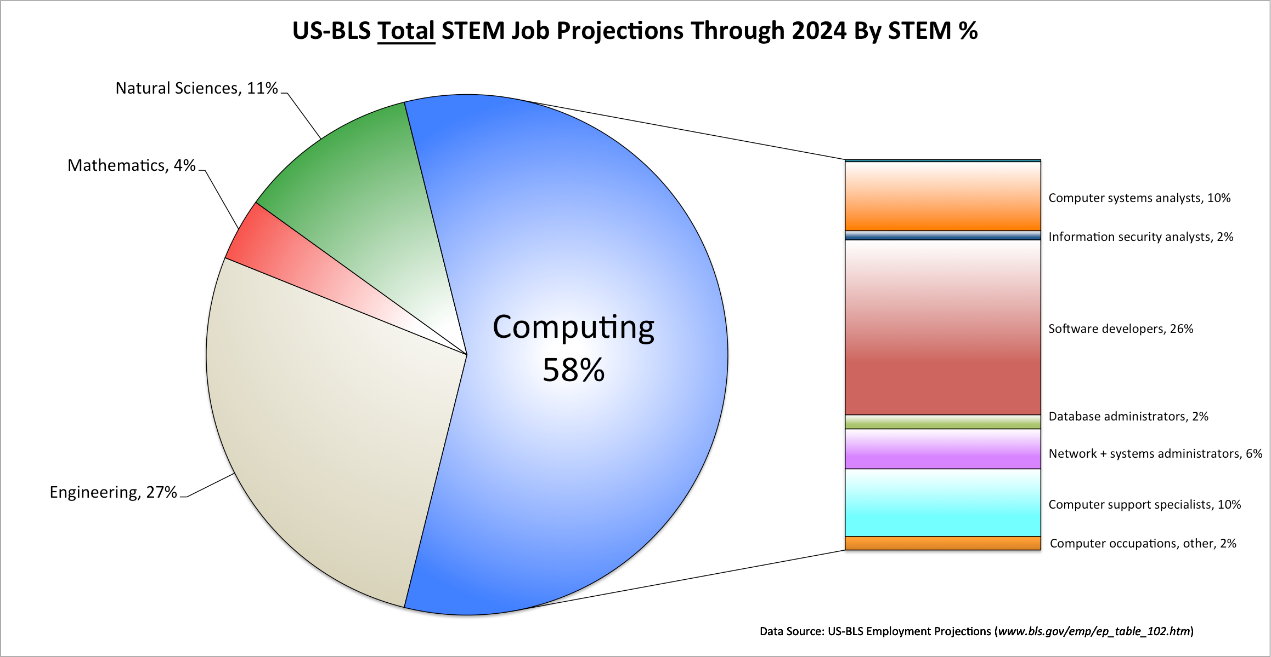
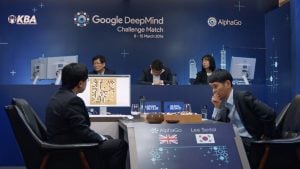 Tonight’s viewers of
Tonight’s viewers of  I have mentioned before the old canard that there are two seasons in the Upper Peninsula: Winter’s Here and Winter’s Coming. While this obviously does not do justice to our beautiful summers, there is definitely a Winter’s Coming season, and it just arrived. After a rather late, warm, and wet fall, we had a storm blow through here on Tuesday with cold rain and 50-60 mph winds that was like a shot across the bow. Although the landscape is still dotted with a few bright yellow trees that weren’t quite ready to quit, for the most part our woods are bare. The forecast now includes rain/snow mix and other reminders of what’s to come. It’s the time when we put the driveway stakes in the ground, tune up the snowblowers, and make sure our snowplowing contracts are in place.
I have mentioned before the old canard that there are two seasons in the Upper Peninsula: Winter’s Here and Winter’s Coming. While this obviously does not do justice to our beautiful summers, there is definitely a Winter’s Coming season, and it just arrived. After a rather late, warm, and wet fall, we had a storm blow through here on Tuesday with cold rain and 50-60 mph winds that was like a shot across the bow. Although the landscape is still dotted with a few bright yellow trees that weren’t quite ready to quit, for the most part our woods are bare. The forecast now includes rain/snow mix and other reminders of what’s to come. It’s the time when we put the driveway stakes in the ground, tune up the snowblowers, and make sure our snowplowing contracts are in place.